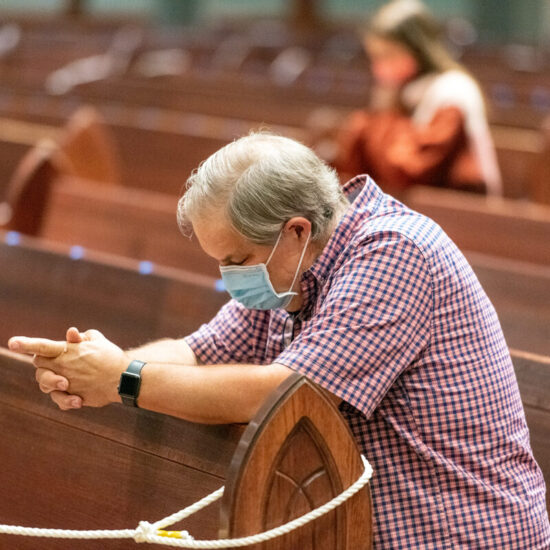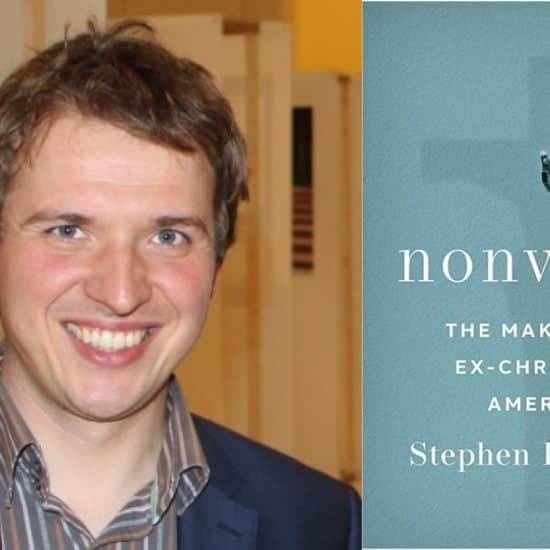
A slim majority (51 percent) of U.S. adults said religion is very important in their lives, according to a Gallup report published Dec. 24.
With a plus-or-minus 4 percent sampling error, that number could be as high as 55 percent or as low as 47 percent.

Pixabay
An additional 21 percent of respondents said religion was fairly important to them, while 27 percent said it is not very important.
This continues an overall downward trend from a high of 70 percent in 1965 affirming religion as very important in their lives.
These responses dropped to 52 percent by 1978 before climbing to 65 percent in 2002 and then declining to 51 percent.
A similar pattern is seen in responses to questions about religion’s influence in the U.S.; those who see it as having less influence have been increasing overall (rising to 78 percent in 2018) and those who see it as having more influence have been declining overall (dropping to 19 percent this year).
“Neither Americans’ frequency of church attendance nor their religious preference has much impact on their views of changes in religion’s influence on U.S. life, with strong majorities of all groups saying it is losing influence,” Gallup said.
These trends continue with responses to a question about religion’s ability to help address contemporary problems.
Those who see religion as “old-fashioned and out-of-date” has risen from 7 percent (1957) to 39 percent (2018).
Over the same period, those who say religion “can answer all or most of today’s problems” has declined from 82 percent to 46 percent.
“Americans have been less likely to say religion is important in their lives, that it can answer the problems of the day, and that its influence on American life is increasing,” the report said. “Yet, despite these signs that religion is on the decline, religious leaders can be heartened by the fact that religion remains important to nearly three-quarters of Americans.”
The full report is available here.
This article originally appeared at EthicsDaily.com.






